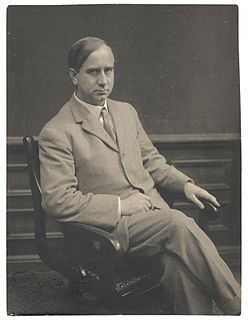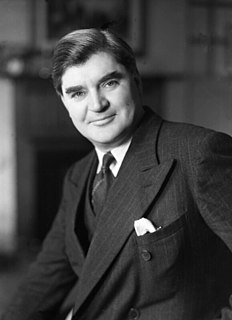A Quote by Willa Cather
Imagination, which is a quality writers must have, does not mean the ability to weave pretty stories out of nothing. In the right sense, imagination is a response to what is going on — a sensitiveness to which outside things appeal. It is a composition of sympathy and observation.
Related Quotes
Because the child must have a valuable thing which is called imagination. The child must have a secret world in which live things that never were. It is necessary that she believe. She must start out believing in things not of this world. Then when the world becomes too ugly for living in, the child can reach back and live in her imagination.
Henry Corbin creates the world - most of all his examination of the imagination and what the imagination was for him. Some philosophers would think of the imagination as a synthetic ability, how you put different things together. Artists more think of the imagination as creativity. So I really like the way that he presents the imagination as a faculty that allows one to experience worlds that are not exactly physical but are real nonetheless.
To allow mystery, which is to say to yourself, 'There could be more...things we don't understand,' is not to damn knowledge....It is to permit yourself an extraordinary, freedom: someone else does not have to be wrong in order that you might be right...This tolerance for mystery invigorates the imagination; and it is the imagination that gives shape to the universe.
The region belonging to the pure intellect is straitened: the imagination labours to extend its territories, to give it room. She sweeps across the boarders, searching out new lands into which she may guide her plodding brother. The imagination is the light which redeems from the darkness for the eyes of the understanding. Novalis says, 'The imagination is the stuff of the intellect' -affords, that is, the material upon which the intellect works.
To reach only for that which pleasantly enchants you is the least of imagination, if even imagination at all, by the obvious reality of remaining within your means. The greater of imagination is parallel to risk. It extends beyond your comfort zone or haven, or sense of beauty, or what you personally believe suits you in exploration of what may not.
There is nothing which so generally strikes the imagination, and engages the affections of mankind, as the right of property; or that sole and despotic dominion which one man claims and exercises over the external things of the world, in total exclusion of the right of any other individual in the universe. And yet there are very few, that will give themselves the trouble to consider the original and foundation of this right.
The essential fault of surrealism is that it invents without discovering. To make a clam play an accordion is to invent not to discover. The observation of the unconscious, so far as it can be observed, should reveal things of which we have previously been unconscious, not the familiar things of which we have been conscious plus imagination.


































